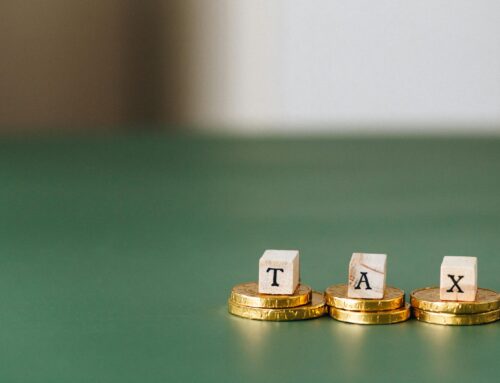How can you save enough for retirement?
Connie Bruwer from PC Bruwer and Partners gives advice on this important topic.
Question: I recently heard that 94% of all South Africans cannot retire carefree financially. Why is this so, Connie?
Connie: Pension benefits that are provided by companies, are probably insufficient to fully provide for a person’s retirement needs. Inflation reduces your money’s purchasing power, which means that over the years you will have less and less to be able to buy with an income equal to your current income. With the advances in medicine and medical technology, people are living longer. The average lifetime of low-risk men and women is currently 85 and 90 years respectively. Retirees, who have no support from their former employers in respect of contributions to their medical scheme, carries a heavy burden precisely at a time when medical care is probably the most important. More and more people retire early or take a retrenchment package. Your retirement years can possibly be longer than your working life.
Question: We all dream of retirement in which we enjoy life, but the reality is that many people then live with the bare necessities or are dependent on family favors and sponsorships.
How can you calculate whether your retirement savings should be enough for a carefree old age?
Connie: If your life expectancy was twenty to thirty years after retirement, you should make sure you have saved about R20 for every R1 you plan to spend in a year. For example, if you need to survive on R80 000 per year after retirement, your pension and savings should amount to R1,6 million.
The calculation, however, does not include the effect of income tax on your capital. If you have to pay an annual rate of 20 percent on your taxable income, you will need R25 for every R1 of your annual expenses – thus your pension and savings would be R2 million.
There is also inflation to be reckoned with – it causes your money to have less buying power every year. At the current inflation rate of 4 percent per year, the R80 000 you now have, will worth less than R77 000 next year. After twenty years it will have less than half of today’s purchasing power. It is therefore important that investments in which you invest your pension, at least keep pace with inflation. Many people think shares are too volatile and therefore invest their pension money in cash.
Question: What is the best – shares or cash?
Connie: In the long term, shares grow much more than cash. Provided you play safe, you increase the chances that you will outlive your savings.
Take for example someone that withdraws 5 percent of his retirement money per year to live from. If he invests between 40 and 50 per cent of his retirement money in shares, his money will last ten years longer than someone who only invests between 20 and 30 per cent of their funds in shares.
Question: What is the biggest mistake retirees make?
Connie: The biggest mistake retirees make is to invest conservatively as they have a long life expectancy. An investment in the largest shares on the exchange, which has a relatively low risk area and should continue to grow, will take you far.
Question: What should investors stay away from and what should they be aware of?
Connie: Stay away from the small shares that attracts speculators.
Another mistake is to spend too much at the beginning of your retirement. A guideline is that you are never to withdraw more than two percentage points above the rate of inflation each year. If inflation is 4 percent, you may withdraw no more than 6 percent of your savings each year.
Question: How do you calculate whether you have enough to retire?
Connie: To calculate whether you have enough to retire, you need to figure out how much annual income in retirement you will need. Your home and car should be paid off and you will likely spend less on transportation, because you do not have to go to the office. You no longer have to do pension payments and your tax rate should be lower.
Question: But many retirees want to travel and need more money, is that not so Connie?
Connie: According to a report from Absa wealthy people spend about 20 percent more in retirement than whilst they are working.
In contrast, those who are struggling financially, are forced to cut their budget after retirement.
Question: What is the biggest money consumer for retirees?
Connie: The big money consumer is health care. Recent local research showed that someone at age 65 who retires with one dependent’s health care bill for the rest of his or her life can amount to R650 000. For an eighty year old with a spouse, it is about R250 000.
Question: What do you suggest the readers should do?
Connie: After you have calculated what your annual income should be, you should contact your pension fund to determine what their projection for the pension fund payment will be with retirement. On the ground hereof, you must invest in a pension fund. Work out how much your other investments will be worth after your debt is paid off and invest more money per month, if necessary. Only 6 percent of all South Africans save enough for retirement, so make sure you are one of them.
Question: To conclude, what other tip you can give our readers?
Connie: Make sure that the pension fund you receive at retirement, pay out for the rest of your life, otherwise you might find yourself without money after a few years.





